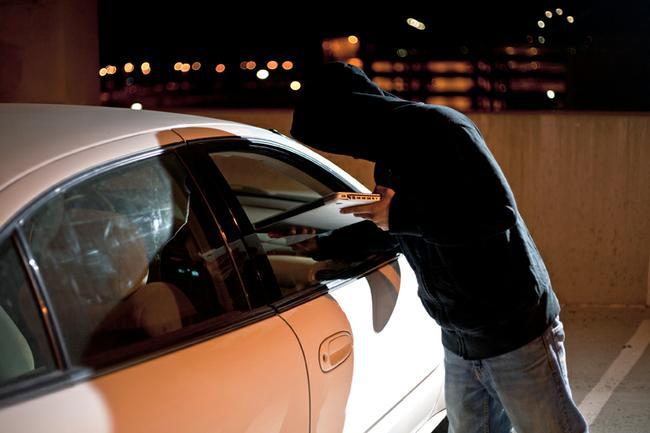
MU Police Department reported 21 instances of underage alcohol-related offenses and five marijuana-related offenses between Aug. 18 and Aug. 25, according to MU police reports.
Compared to similar college campuses, MU’s numbers are significantly higher. MUPD recorded more than three times as many drug- and alcohol-related incidents in the same period as reported to UC Berkeley Police.
Under state law, it is illegal for anyone under 21 years old to consume, possess or purchase alcohol. Harsher enforcement, combined with other ordinances, attempt to address the expected issue of underage drinking in the large student population of Columbia.
MUPD focuses on strong enforcement efforts as well as on educating students through alcohol awareness programs, MUPD Capt. Scott Richardson said. Police are not lenient toward underage drinking, he said.
“More times than not, typically they (minors caught drinking) are issued a summons for MIP,” Richardson said.
At other campuses, police say they do not actively seek out arrests for the offense, but still cite many students, said Diane Brown, University of Michigan Police Department public information officer.
“Typically they do something else that draws attention,” Brown said. “We get plenty of business from that.”
Sobriety checks are one way local police have attempted to deter driving under the influence of alcohol as well as minors in possession. These are typically a joint effort between local police and highway patrol or the county sheriff and are funded through a highway safety grant program, Richardson said.
The Missouri statutes require that a comprehensive plan is in place and that the public is made “thoroughly aware” of DWI checkpoints’ time and location well in advance.
One of the largest sections of the Columbia city ordinances addresses nuisance parties, which are considered social gatherings of 10 or more people where activities such as minors drinking alcohol, littering, outdoor urination, smoking marijuana, setting off fireworks or discharging firearms happen.
If a particular residence has a “chronic nuisance” problem, in which parties occur frequently, the landlord can be held responsible for the problem, possibly resulting in the tenants being evicted on short notice.
Other college towns, such as Ann Arbor, Mich., and Berkeley, Calif., have similarly explicit provisions regarding nuisance parties in their city codes.
Columbia city ordinances also prohibit fake IDs. The Columbia Police Department and MUPD perform routine checks at local bars and nightclubs. Possession or presentation of a fake ID is a Class A misdemeanor and is punishable by a fine of up to $1,000 and/or one year in jail.
Possession of less than 35 grams of marijuana or drug paraphernalia, though considered a low-priority offense under the city ordinance, is still an arrestable offense under state law as a Class A misdemeanor. In contrast, Berkeley, California’s code directs local police to “make no arrests and issue no citations for violations of marijuana laws.”